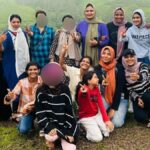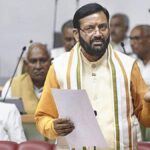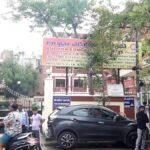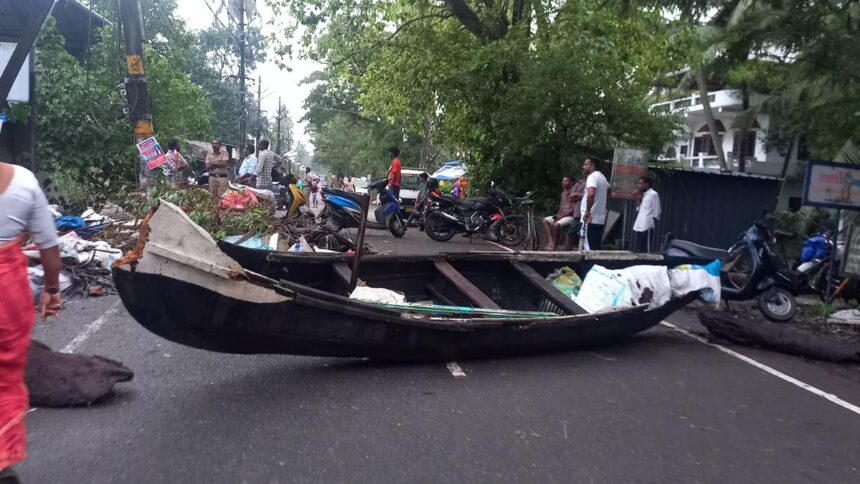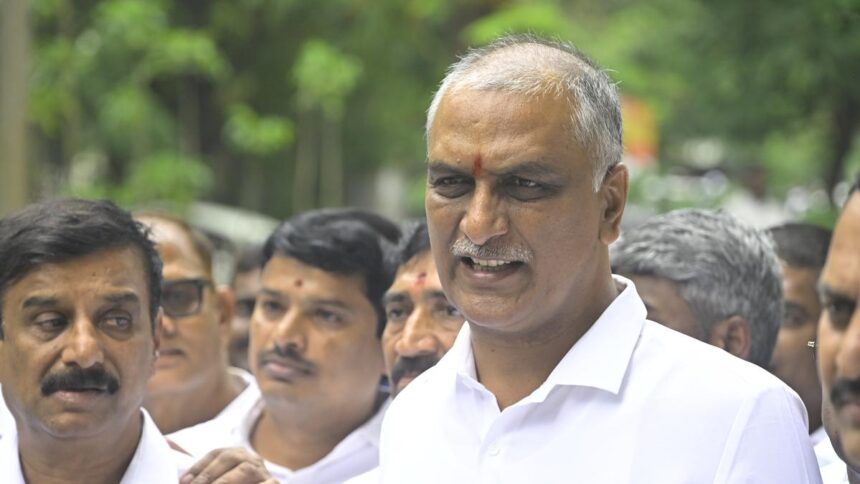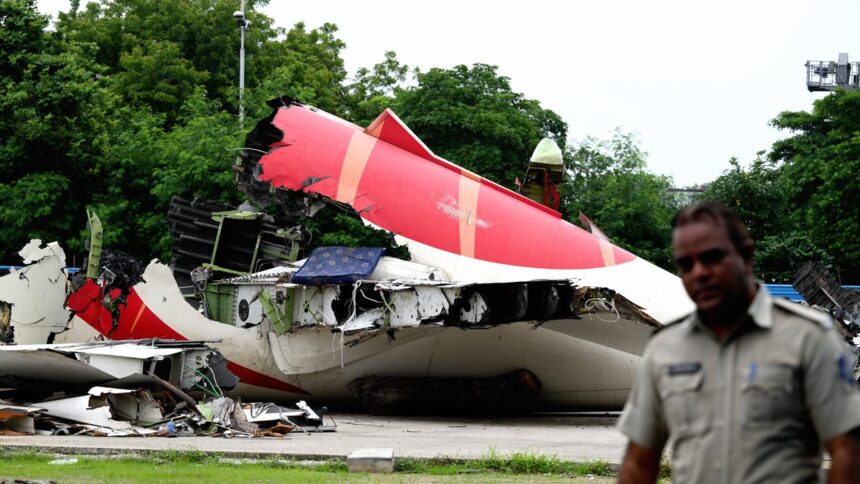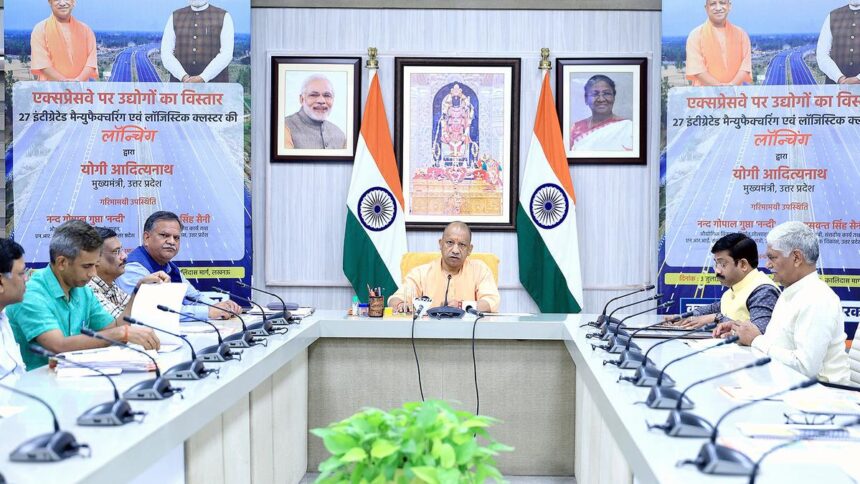The government’s decision to ban Muharram celebrations in some villages in a few districts owing to possible law and order disturbances, has come under fire from intellectuals and writers, who say the festival that promotes harmony should be encouraged and not banned.
Citing concerns over law and order, district administrations in Ballari and Raichur have imposed prohibitory orders in several villages during the observance of Muharram. The restrictions prohibit public gatherings, processions, and the installation of symbolic structures (Panjas) in specific areas known for communal sensitivities.
In Ballari, Deputy Commissioner Prashant Kumar Mishra and Deputy Commissioner K. Nitish issued the orders, under provisions of the Karnataka Police Act, 1963, following intelligence reports that indicated a potential for tensions during Muharram observances in 21 villages in Ballari district and in 23 villages in Raichur district, respectively.
The officers cited past incidents of clashes involving youth from different communities during Muharram as the reason for the decision. The aim, they added in the orders, was to prevent any threat to public safety, life, or property. Officials clarified that the restrictions are precautionary, not absolute bans, but reasonable restrictions.
Speaking to The Hindu, Mr. Mishra said that similar restrictions were imposed in the past as well, after evaluating the law and order situations in certain villages.
“This is not a blanket prohibition on the observance of Muharram. The decision is based on police intelligence inputs and is imposed every year in sensitive areas to maintain peace. These are specific restrictions on certain activities. It is not a new thing as the administration does it every year,” he said.
Muharram, the first month of the Islamic calendar, is a period of mourning that commemorates the martyrdom of Imam Hussain, the grandson of Prophet Muhammad, at the Battle of Karbala. In many parts of Kalyana Karnataka, Muharram is observed with communal harmony, where both Muslims and Hindus participate in the rituals with mutual respect and solidarity, displaying the region’s tradition of peaceful and harmonious coexistence.
Janekal, a village in Raichur district with no Muslim households, is a notable example where locals have traditionally observed Muharram by inviting a Muslim family from a neighbouring village to perform the rituals. However, the district administration banned the observance there following a violent clash between Scheduled Castes and Scheduled Tribes in 2013—an incident reportedly unrelated to the festival.
“The administration should focus on identifying and acting against troublemakers, rather than restricting religious or cultural practices that have long fostered unity,” said Channabasava, a resident of Janekal.
Authorities maintain that the orders are temporary and purely intended to preserve communal peace during a sensitive period.
Bellary based writer and publisher Lohia Chanabasavanna said that this was a regressive step. “Muharram is not a festival of Muslims but of all communities. The government should support it and not ban it. If the government has specific intelligence input about any law and order issue in any village, it should depute additional police force and allow the festival, and not curb it,” he said.
Ladai Basu, writer and activist based in Gadag, said that such orders were an indication of the deep penetration of the right wing elements in to the government set-up. “Such officers are disturbing harmony by crafting such inputs that lead to banning of such cultural events. The government should identify and weed them out. Otherwise, there will be no difference between this government and the earlier government,” Mr. Basu said.
Sabiha Bhoomi Gowda, former Vice-Chancellor of Karnataka State Akkamahadevi Women’s University, recalls her childhood in Gajendragad where she watched the whole town celebrate Muharram. “No one termed it a Muslim festival. There is no point banning such festivals. They bind the society together. We need more such celebrations, in these days where divisive forces are at work relentlessly,” she said.
I may miss other festivals, but I do not miss the annual Muharram in my village of Bedkihal. The Alabi deities are treated as village deities. It is a time for home coming for labourers who have migrated to Bengaluru and Mumbai, Dadasaheb S. Chougale, theatre personality, said. As an artist, I feel it is a cultural event and not a religious festival. It is unfortunate that officers are trying to stifle them, he said.
Yallappa Himmadi, chairman, Basavaraj Kattimani trust, spoke of Muharram celebrations in villages without a single Muslim families across northern Karnataka. “The government should take a stand in favour of equality, liberalism and secularism and allow Muharram celebrations,” he said.
Thinker Rahamat Tarikere, who has studied and documented Muharram traditions across Karnataka and some other States, said festivals like Muharram were tools for reconciliation and friendship between communities and families. “There may have been some law and order problems in some villages in the past during Muharram, but we should give an opportunity for healing. We should promote more such festivals to reduce hatred and promote harmony, rather than keeping communities isolated. Entire rural communities should not suffer a cultural punishment due to the mistakes of criminal elements,” he said.
Published – July 04, 2025 06:36 pm IST



